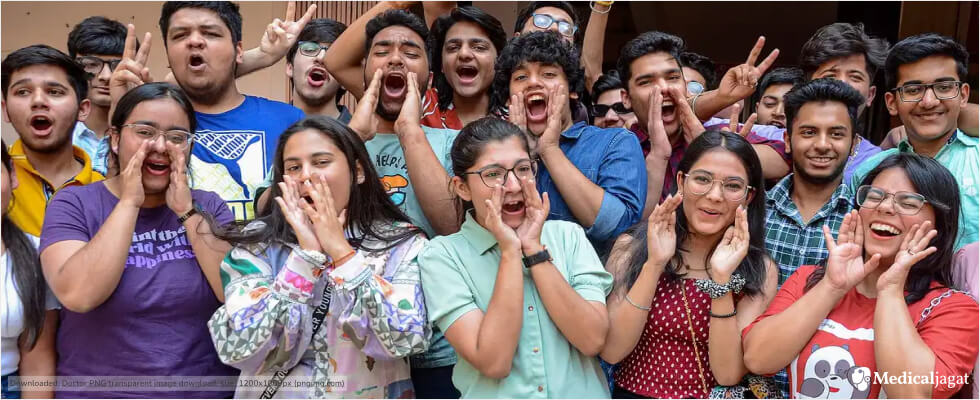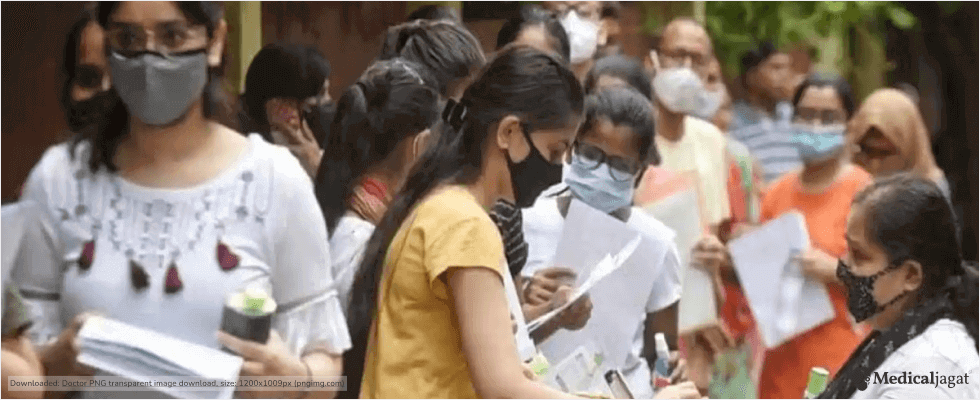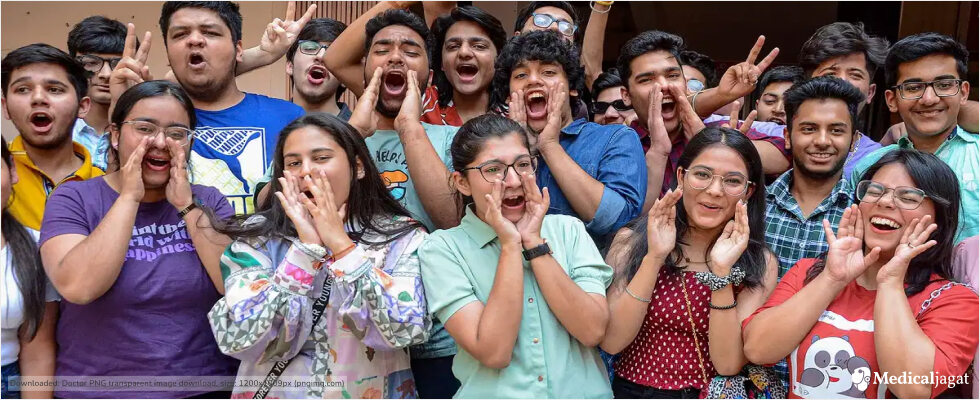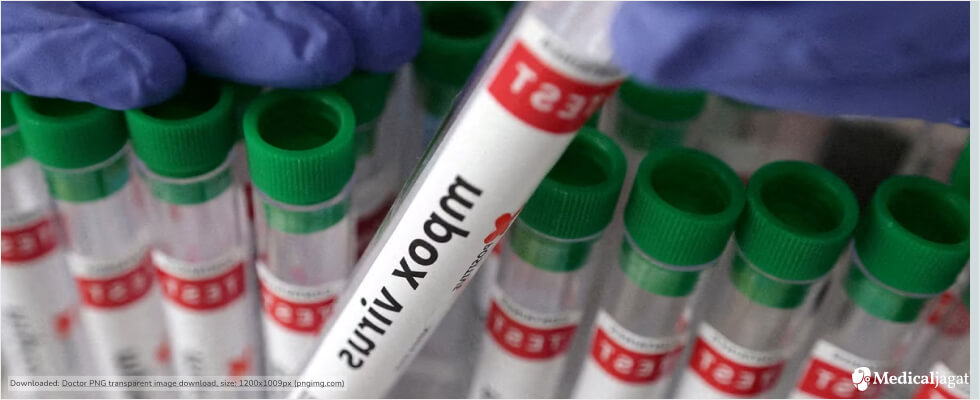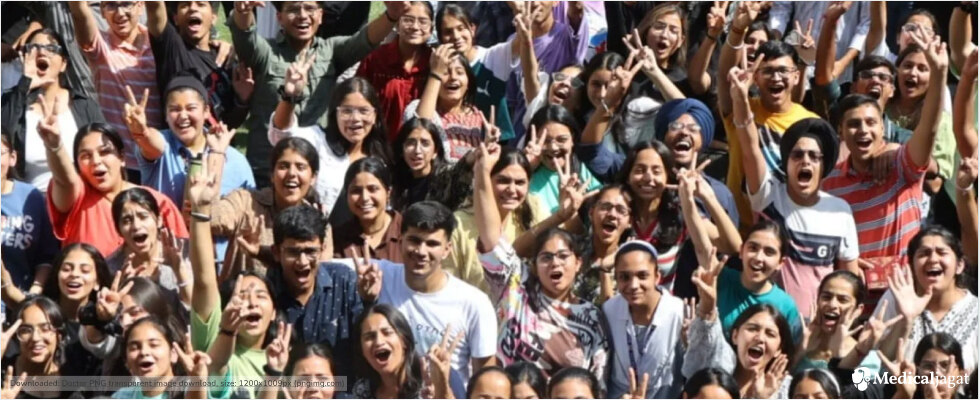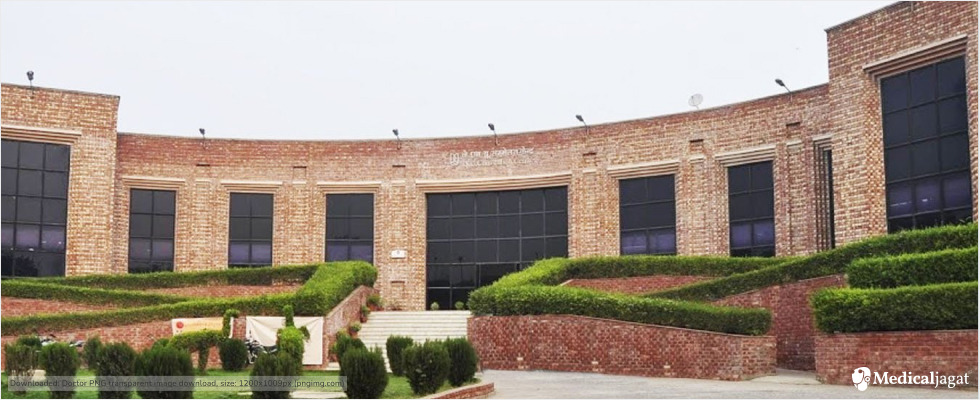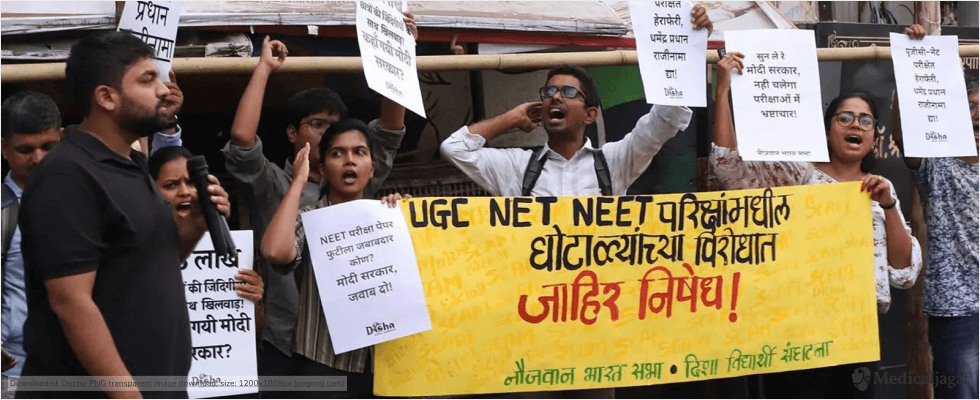
About 23 lawyers in total, including SG Mehta, presented their cases to the Court for five hours in total. And the hearing will continue on Tuesday.
The Supreme Court on Monday observed that the preliminary confessions given by some of the accused in the NEET-UG casej Unary to a leakage of the question papers on the night of May 4 when the examination was to be held the next day. However, there is no substantiated proof that the breach translated into scale that warranted cancellation of the exam. The CBI informed the Bench, led by Justices J B Pardiwala and Manoj Misra, about the statements of some of the accused who were arrested by the Bihar Police and later by the CBI when they took over the case.
The Court also ordered the director IIT Delhi to constitute a committee of three experts to decide the correct code for a multiple choice question in the exam for which two codes were awarded marks. The SC requested a report on the correct answer by Tuesday noon. Chief Justice of India D Y Chandrachud, presiding over a three-Judge Bench, stated that all initial statements indicated the leak occurred on the night of May 4. The key question was whether the breach was confined to Hazaribagh and Patna or spread to other states as well.
The CBI updated the Bench on the statements of some of the accused arrested by the Bihar Police and later by the CBI. Excluding the leak of the question paper in many centers, the Centre and the NTA upheld that the breach was restricted to Hazaribagh and Patna and that it occurred on May 5, the date of the examination. The Centre was represented by Solicitor General Tushar Mehta for the case.
Some of the petitioners by Senior Advocate Narender Hooda asserted that leak of the said material had happened prior to May 5. He argued that the Centre and CBI's theory, which claimed that the solved question papers were made available around 10:15 am on May 5, needed proof to show whether the leak was systemic or limited to Hazaribagh and Patna.
The Chief Justice asked Hooda to present data to support his claims. So far, evidence focused only on Hazaribagh and Patna, not showing a widespread leak across the country.
Hooda responded by highlighting systemic flaws in how the NTA conducted the exam and relied on circumstantial evidence to suggest that the leak likely affected other states. He stated that the NTA's examination process lacked a reliable system, and direct evidence of the crime was with the court, being investigated. As petitioners not privy to the investigation, they could only rely on circumstantial evidence.
The Bench also questioned the NTA about reports of question paper booklets from Canara Bank being distributed at three centers in Jhajjar (Haryana) instead of booklets from the State Bank of India. Previously, the SC had observed that the exam's sanctity had been "breached." Ordering a retest depended on whether the breach was systemic and affected the entire process's integrity and whether it was possible to distinguish the beneficiaries of the fraud from the untainted students.
In his arguments, Hooda cited the Supreme Court's 2015 decision to cancel the All India-Pre Medical/Pre-Dental Entrance Test after finding that 44 candidates benefited from unfair means. The SC had noted that even retaining one undeserving candidate benefiting from illegal actions would deny more deserving candidates. The exam's credibility stood compromised, as it was impossible to cleanse all beneficiary candidates with certainty.

